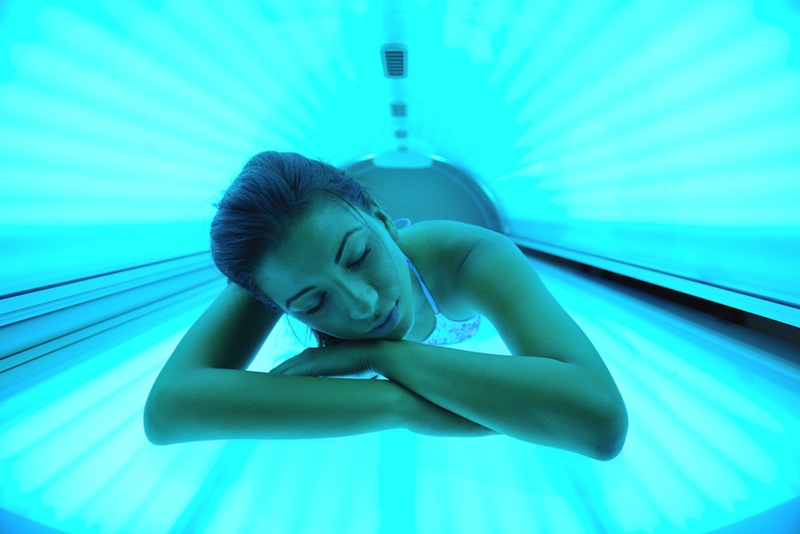Fighting Skin Cancer: FDA Acts to Ban Tanning Beds for Minors

The U.S. Food and Drug Administration is proposing a ban on the use of tanning beds for people under 18, along with new preventive measures that would reduce the risks from tanning beds to adults.
Tanning beds are known contributors to skin cancer, including melanoma, which is the deadliest form of the disease.
And several studies from Europe have suggested that the radiation from a tanning bed can be up to 15 times more intense than the radiation from the midday sun.
Using tanning beds at a young age can be particularly harmful, according to a statement from the FDA. The effects of UV radiation exposure add up over a lifetime, so exposure in children and teenagers puts them at greater risk for skin and eye damage later in life, according to the statement. [10 Do's and Don'ts to Reduce Your Risk of Cancer]
Indeed, a 2014 study found that people who used indoor tanning devices before age 20 were twice as likely as those who had never used the devices to develop a form of skin cancer called basal cell carcinoma by age 50.
About 1.6 million minors use indoor tanning beds each year, according to the 2013 National Youth Risk Behavior Survey, conducted by the Centers for Disease Control and Prevention.
The "action is intended to help protect young people from a known and preventable cause of skin cancer and other harms," Dr. Stephen Ostroff, the acting FDA commissioner, said in the statement.
Get the world’s most fascinating discoveries delivered straight to your inbox.
The American Academy of Pediatrics responded to the FDA's proposal with a statement of support.
"The FDA's action today is part of ensuring a safe environment for every child and adolescent, and sends a loud and clear message: Tanning beds are dangerous and should not be used by anyone under age 18," said the academy. "Pediatricians welcome FDA's action and will continue to urge parents and our young patients to protect their skin from ultraviolet radiation and to avoid tanning beds altogether."
In addition to restricting minors, the FDA is proposing that before a person's first tanning bed session and every six months thereafter, they sign a "risk acknowledge certification" that states they have been informed of the health risks that may result from indoor tanning.
The FDA is also proposing a second rule that would require sunlamp manufacturers and tanning facilities take extra steps to improve the overall safety of the devices. Some of the proposed measures would include making warnings more prominent on the devices, requiring an emergency off switch or "panic button" and improving eye safety equipment, according to the statement.
"The FDA understands that some adults may continue to use [tanning beds]," Ostroff said in the statement. "These proposed rules are meant to help adults make their decisions based on truthful information," he said.
The proposed rules will be made available for public comment for 90 days beginning on Dec. 21.
Follow Sara G. Miller on Twitter @SaraGMiller. Follow Live Science @livescience, Facebook & Google+. Originally published on Live Science.

